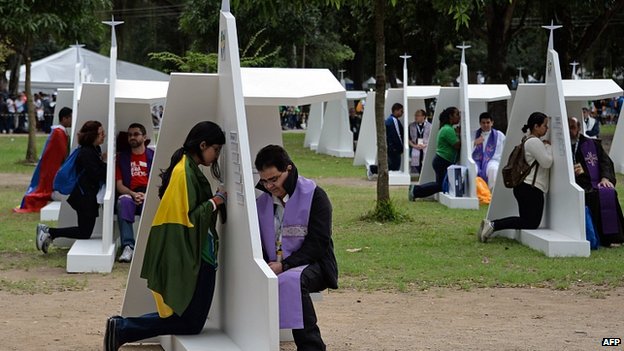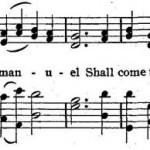
Before Thanksgiving, I visited my alma mater for the Harvard-Yale game, and got to participate in a Liberal Party discussion on “When Should We Experiment on Animals?” The first speaker opened with a quote from The Brothers Karamazov, and by the back half of the debate, the room full of students (many of whom had worked in animal labs themselves) had drifted onto the topic of how to handle causing harm or suffering even when you believe it is the best course of action.
We were right on the cusp of a large, secular holiday of gratitude, and I was struck by the absence of secular scripts for penance and reconciliation. Everyone had stories to share about harming someone (animal or human) whether deliberately or unintentionally, regretfully or as the least bad option available. But there aren’t times or places set aside in secular culture to share these stories. Or, when there are, they’re in the format of a college essay or job interview: “What’s a mistake you’ve made or a project of yours that has failed, and how did you learn from it?”
There’s nothing wrong with looking for opportunities to learn from experience, but there’s a major tonal difference between mourning something you’ve done and recasting it into an upbeat, forward-looking lesson, and it’s healthful to have time for both. It would be odd to, at funerals, expect everyone to share stories about how usefully they’ve been changed by Grandma’s death and to find it gauche to simply cry.
This is one thing I really appreciate about Catholicism and Confession. When I receive that sacrament, I’m not there to turn my suffering, or the suffering I’ve caused other people into part of a upbeat recovery story. I’m simply there to say, I did something that hurt other people, and I did it on purpose/was negligently ignorant/tried to pretend I didn’t have a choice/denied that it was harm. I have to acknowledge the gravity of the wound before I can be healed and try to figure out how to patch up the people around me.
Over at Entertaining Thoughts, Brienne, an atheist raised Catholic, talks a little about why ritual is important, and takes a crack at designing a secular kind of Confession:
Let me see if I can explain why anyone would ever be motivated to go to Confession out of something besides obligation or fear of damnation. Catholics often say that the Sacraments are “outward signs of inward grace“. When I was little, coming to understand (some of) what they meant by that had a pretty profound effect. Abstract ideas like contrition, forgiveness, devotion, and faith are invisible and elusive. It’s not always easy to get your brain around them enough for them to impact your daily life.
It’s a bit like when you genuinely believe that it’s a good idea to learn calculus, but “calculus” feels like such a murky, distant, impenetrable concept that you’re not sure how to do anything about it. Sacraments are concrete symbols for abstract ideas and events that help you get a handle on similarly murky things like your relationship with God…
Through concrete actions and carefully designed rituals, you are forcing yourself to encounter something you’d rather flinch away from, and you’re grappling with it right now instead of leaving your future selves to endure a vague and undirected sense of guilt over mistakes you don’t even think about let alone correct. Religious or not, nobody benefits from ignoring problems that need solving, and nobody’s as good at allowing abstract ideas like “being a good person” to transform their day-to-day lives as they are at making incremental improvements via specific actions (though those actions may be motivated by abstract ideas). Lofty resolutions are not effective without well-designed mechanisms of action, and rituals are awesome at being that.
I can’t think of any secular or national holidays that stand for penance in the way that Thanksgiving is for gratitude, or Valentine’s Day is for eros. Is there anything I’m missing that you commenters are aware of? Truth and Reconciliation commissions are the closest thing I’m coming up with, but I’d like for there to be something that works at smaller scales than apartheid and genocide.
I’m on day two of a novena to St. Isidore, my saint for the month, and readers are welcome to join in.












